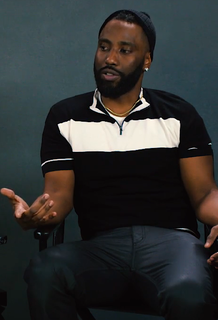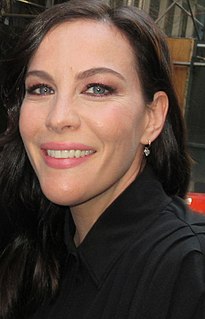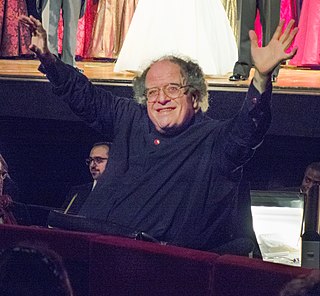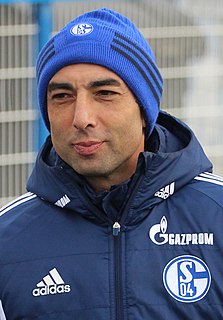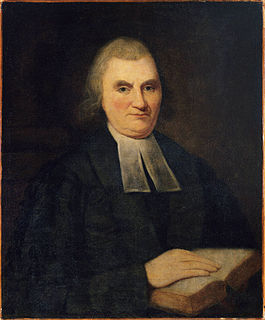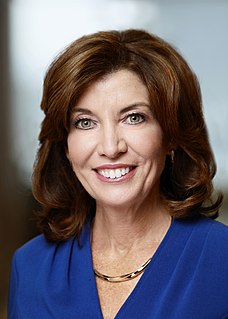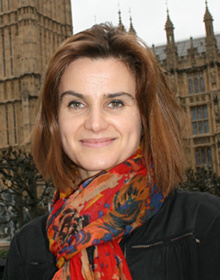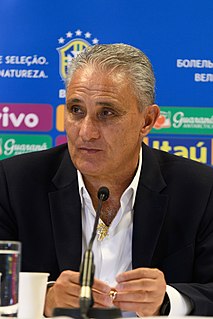A Quote by Carolyn Maloney
I believe the person who was out conquering the world, who was out fighting in the world were our fathers, so to have them come... I adored my father more than anyone in the world, but my father had more advice on work policies and how to get a job and how to survive in the work environment than my mother because my mother never worked outside of the home. So I think the support of fathers is very important.
Related Quotes
It's not that we have too much mother, but too little father. We can't forgive our mothers for taking the place of our fathers until we are ready to see that the point of a man's life is to be a father and a mentor, and we can't do that because we don't know how we would be a father or a mentor when we never had one.
Fathers are very, very important in building the foundations and self-esteem of children. For me, the way that I was raised, consideration, courtesy and manners are really key and I think the father plays a big role in setting an example to children in how to behave out in the world and how to treat people. It's a little bit different when it comes from the dad rather than the mum somehow.
There is too much fathering going on just now and there is no doubt about it fathers are depressing. Everybody now-a-days is a father, there is father Mussolini and father Hitler and father Roosevelt and father Stalin and father Trotsky and father Blum and father Franco is just commencing now and there are ever so many more ready to be one. Fathers are depressing. England is the only country now that has not got one and so they are more cheerful there than anywhere. It is a long time now that they have not had any fathering and so their cheerfulness is increasing.
I've always resented the smug statements of politicians, media commentators, corporate executives who talked of how, in America, if you worked hard you would become rich. The meaning of that was if you were poor it was because you hadn't worked hard enough. I knew this was a lite, about my father and millions of others, men and women who worked harder than anyone, harder than financiers and politicians, harder than anybody if you accept that when you work at an unpleasant job that makes it very hard work indeed.
Man is afraid, the world is a strange world, and man wants to be secure, safe. In childhood the father protects, the mother protects. But there are many people, millions of them, who never grow beyond their childhoods. They remain stuck somewhere, and they still need a father and a mother. Hence God is called the Father or the Mother. They need a divine Father to protect them; they are not mature enough to be on their own. They need some security.
I think everyone is always asking themselves, How is my work meaningful, how is my life meaningful? As I get older, I feel like who I am as a person and a citizen is more important than who I am in my work. But I do think it reframed slightly for me, how much I have to care about a project in order to want to do it. Sometimes, obviously, you have a take a job for money. But I think I'm quicker now when I get a script that's, say, borderline misogynist, I'm not going to go in for it. I'm thinking more about what I'm putting into the world.
My mother saw her mother... her father walked out when they were very young and it was a lot of, I'd say more verbal abuse than physical, but it was the same. And my mother, back in the 70s, became an advocate for victims of domestic violence way before anybody in the Legislature was talking about it.
My summer jobs for three years were going to work in my dad's factory and earn a bit of pocket money. I absolutely loved it, and I think I learnt more there than I did at Cambridge, actually, in terms of how hard work is and how tough it is finding a job, keeping a job, managing a job and family and commitments outside of work.
I think it's probably true that creative people are touched by melancholy more than the average person, and to the extent that delving into that shadow world produces good work, I'm all for it. But I think you have to be able to step back from the work, and say, "Look how miserable I felt. Look how beautifully I wrote about it. Now I'm going to get an iced coffee and chat with a friend." Writing should be a way out of despair.

